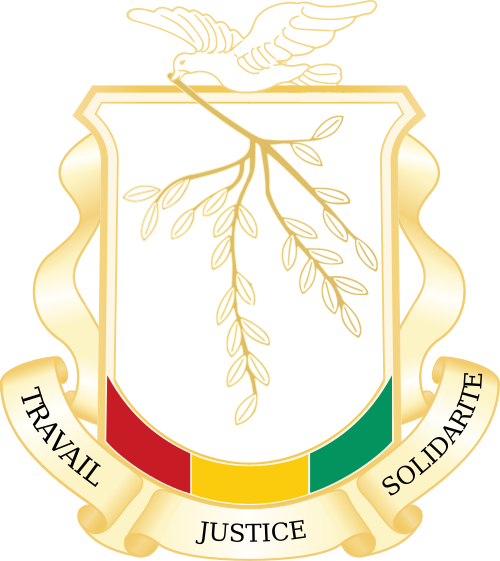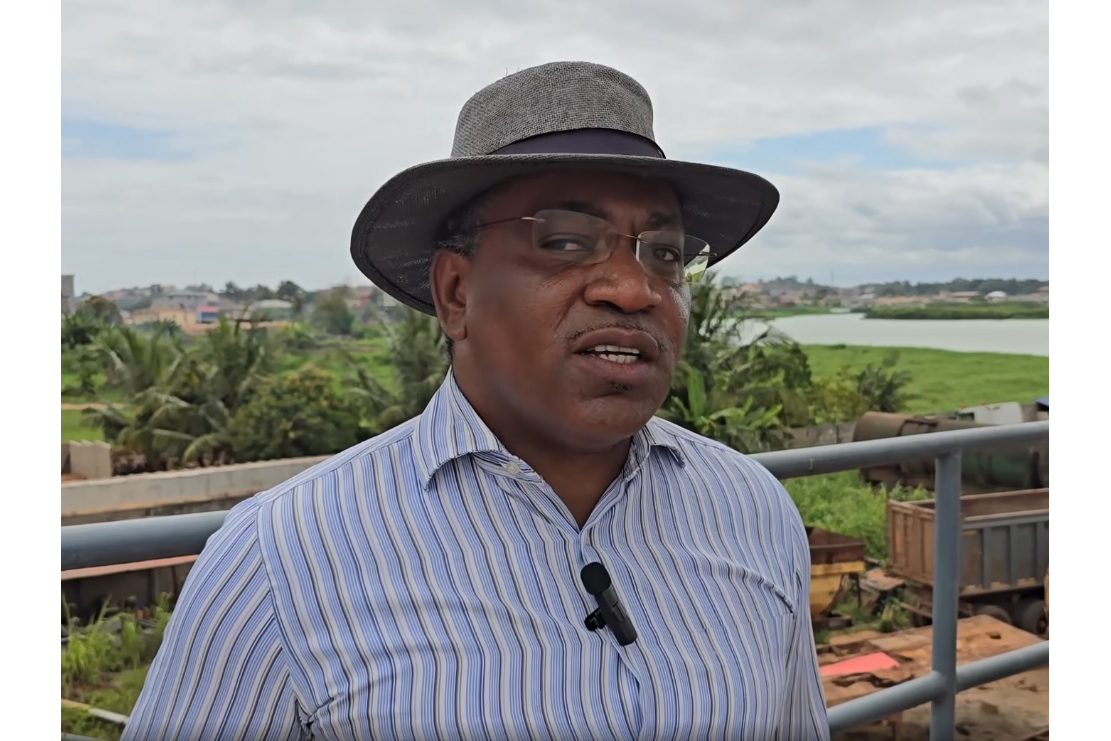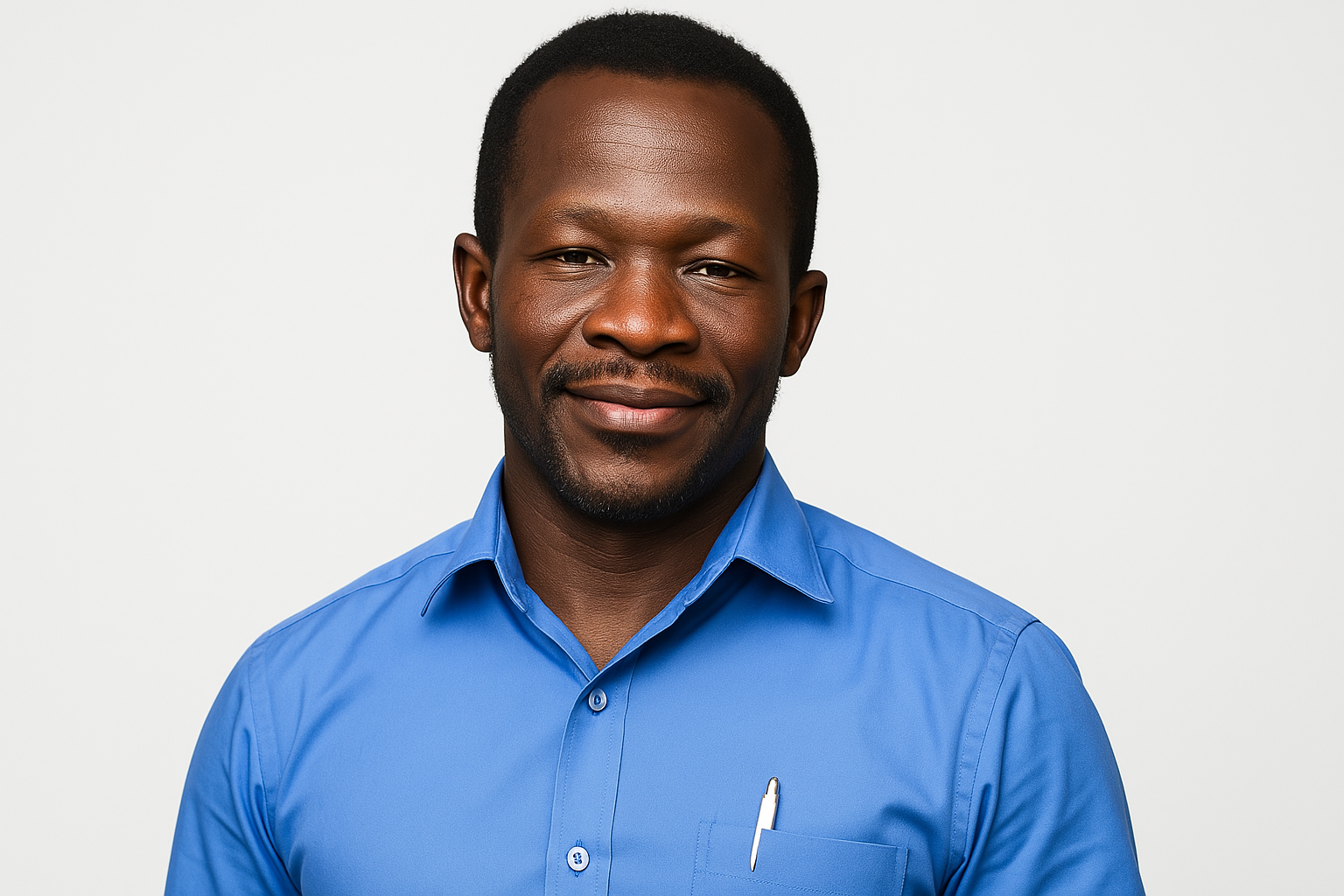In his firm resolve to manipulate the constitution in order to run for a third term, President Alpha Condé had adopted a series of repressive measures against the media. Among these measures was the overhaul of the legal framework of the Haute Autorité de la Communication (HAC) to ensure executive control over the media regulatory body. The overhaul was carried out through Law 003 / CNT /2020 adopted on July 3, 2020, replacing Law /2010/03/CNT of June 2010 governing the HAC’s composition and functions.
The new law increased the number of members of the Authority’s Board of Directors appointed by the Head of State from one to three. President Condé has also appointed Boubabacar Yacine Diallo by decree to head the High Authority for Communication (HAC) under Law 003/CNT /2020. Previously, the head of the regulatory body was appointed by his fellow commissioners.
Given that the president of the HAC in turn appoints the heads of the authority’s five specialised commissions, it was feared that this arrangement would give the executive too much control over the media.
In the midst of the gloom, some actors decided to bank their hopes on the sterling professional background of Boubacar Yacine Diallo. As a former journalist and media owner, the new HAC boss was expected to offer media-friendly regulation at the head of the HAC. Moreover, Mr. Diallo had no partisan antecedence, unlike his predecessor, Martine Condé, who was affiliated with the ruling RPG arc-en-ciel party.
“There could not have been a more qualified candidate. Yacine Diallo is a true professional. I just hope that he proves to be the redeeming feature for the new HAC whose composition has raised a lot of concern,” Aboubacar Algassimou Diallo, a journalist with Lynx FM, had observed in an interview with the MFWA, following the announcement of the new HAC boss.
Unfortunately, these expectations were disappointed. The HAC, which was set up to facilitate the repression of dissenting voices in the media, has ended up becoming a formidable arsenal in the hands of the junta that took power on September 5, 2021.
The HAC’s recent actions highlight a disturbing pattern of repression. On April 17, 2024, the HAC suspended the private news website L’inquisiteur.net and banned its Managing Director, Mamoudou Babila Keita, from practicing journalism for six months. This suspension followed a complaint by former Minister of Justice and Human Rights, Alphonse Charles Wright, over a March 27 investigation into corruption allegations. The HAC claimed that Keita could not provide sufficient evidence to support his accusations. Despite Keita’s invitation to the HAC to verify the evidence detailed in his report, the suspension was imposed, and Keita now faces defamation charges in court.
Similarly, on March 25, 2024, Habib Marouane Camara, a columnist with Djoma TV, was suspended for three months over alleged defamatory remarks following a complaint by the Minister of Transport and government spokesperson, Ousmane Gaoual Diallo. The HAC deemed Camara’s comments as harmful to Diallo’s reputation, leading to his suspension without a fair opportunity for Camara to defend himself.
Earlier, on January 17, 2024, the HAC suspended the privately-owned news website Dépêche Guinée for nine months and banned its editor, Abdoul Latif Diallo, from producing or lending his services to a news organization for six months. This action was in response to a complaint from the Governor of the Central Bank of the Republic of Guinea, Karamo Kaba. The HAC argued that Diallo’s article contained numerous unproven claims, and the severity of the sanctions forced Diallo to leave Guinea under pressure.
The HAC commissioners, many of whom have backgrounds as former communicators for the RPG arc-en-ciel or journalists moulded by state propaganda under President Ahmed Sékou Touré, appear intolerant of dissenting voices. They often perceive journalism as a service to the regime, targeting media outlets that investigate corruption or criticize the government. Journalists and media managers summoned by the HAC report being denied the opportunity to defend themselves adequately, accusing the HAC of imposing unilateral and disproportionate sanctions.
Further instances illustrate this repressive trend. On September 11, 2023, Abdoul Latif Diallo was suspended for one month for allegedly failing to cross-check information following a complaint by the President of the Guinean Bar Association. Two days later, on September 13, 2023, Abdoulaye Boukary Barry of Sabari FM faced a similar suspension after being accused of making unproven claims against the President of the Guinean Pharmacists’ Union. On September 16, 2022, N’Faly Guilavogui, Deputy Managing Director of Evasion Média, was suspended for 10 days for allegedly violating journalistic ethics by broadcasting a controversial press release.
On September 23, 2022, the Africa 2015 programme hosts on Radio Nostalgie Guinée, Mamadou Maté Bah, Minkailou Barry, and Kalil Camara, were banned from broadcasting for one month for purportedly violating journalistic ethics and giving a platform to opposition activists. In another severe measure, on December 6 and 9, 2023, the HAC authorised the removal of television channels Djoma, Evasion, and Espace from major broadcasting packages, citing “national security” concerns, without prior notice to the media outlets.
While some of the sanctions may have been just and appropriate, the HAC must see itself playing a bigger role than helping to clamp down on the media. It also has a responsibility to defend the media against repression. Its own iron-fist regulation of the media and its complicit silence in the face of the many press freedom violations in Guinea is quite worrying.
Press freedom is a cornerstone of democracy, and journalists must be allowed to operate without fear of reprisal. In this regard, The MFWA calls for an immediate reassessment of the HAC’s role and actions. The regulator must transition from a repressive entity to a supportive regulatory body that truly upholds the principles of press freedom and freedom of expression.






